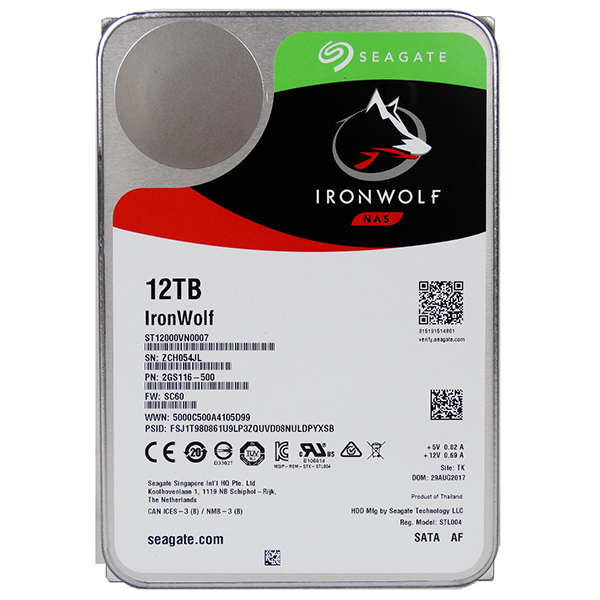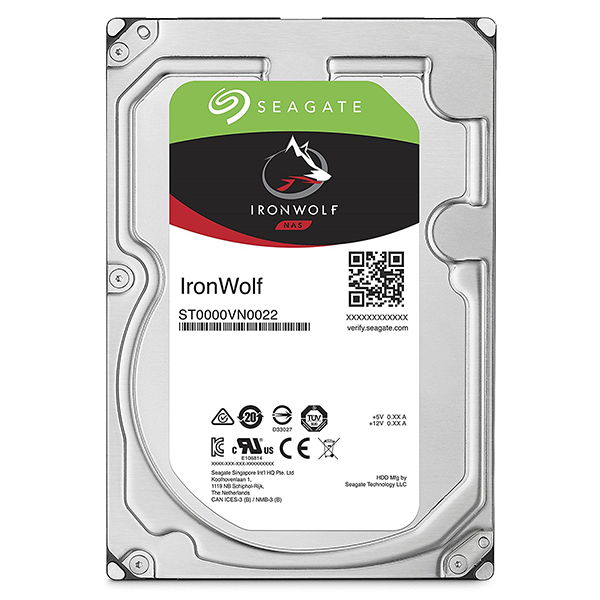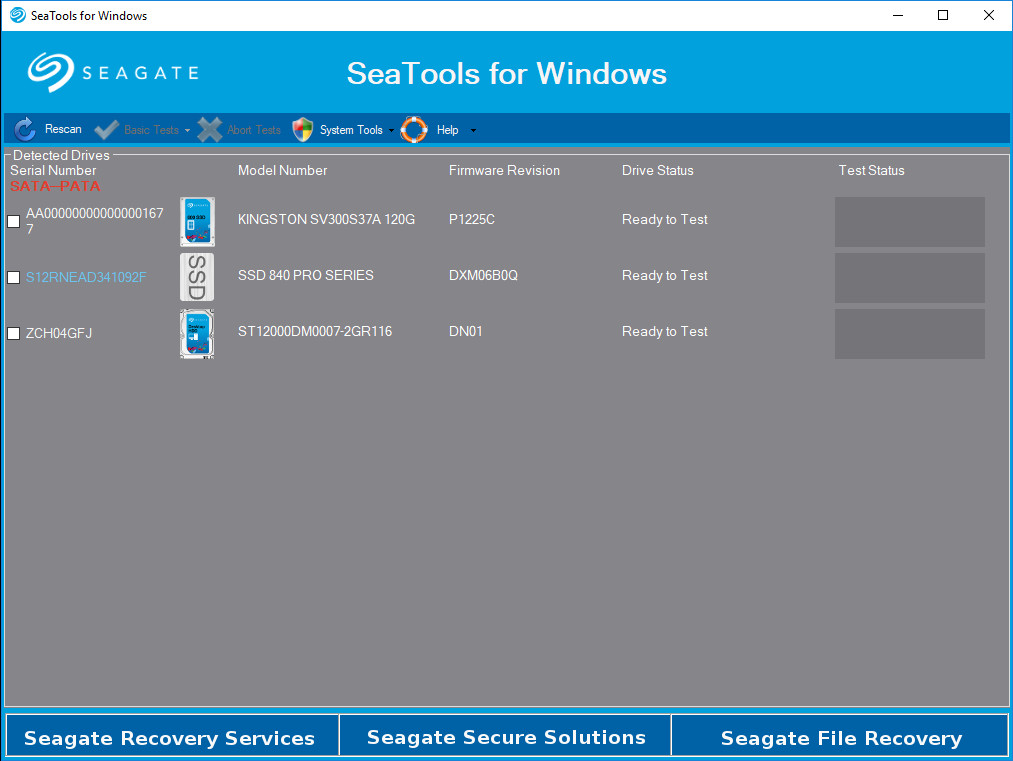Early Verdict
The 12TB IronWolf wins the capacity race over the competition and the move to an entry-level 7,200-RPM design will shake up the NAS market. The quality of the higher-capacity IronWolf drives is the real story. Seagate is trying to win you over by overbuilding high-performance products. Take advantage of it.
Pros
- +
Class-leading capacity
- +
7,200-RPM and 256MB of cache
- +
High performance
- +
Quality design
Cons
- -
Expensive
- -
NAS-limited maximum performance
Why you can trust Tom's Hardware
Features & Specifications
Seagate is back at the front of the NAS race with the release of 12TB IronWolf models for the Guardian Series. Seagate designed IronWolf for single to eight bay NAS, but you can also use it in your desktop as a secondary storage device.
Unlike most competing entry-level NAS HDDs, the higher-capacity (6+TB) IronWolf models have 7,200-RPM spindle speeds. That's much faster than the 5,400-RPM 10TB Western Digital Red we recently reviewed. The IronWolf also has other over-the-top features for this product class that go unmatched by the competition.
We have a plausible theory as to why Seagate chose to overbuild many of its latest products. The company has faced public scrutiny over the last decade, and that really heated up over the last five years. The Backblaze reliability study quantified the data that many already knew; a few years ago, Seagate had a few popular products that fell short in the reliability category. During those years, many of Seagate's products were less expensive than competing drives.
The Guardian Series appears to be Seagate's answer to the criticism. Seagate increased product quality, but prices also shot up. The six drives we've tested from the Guardian series all seem to be more robust than the earlier models.
Seagate's 8TB Enterprise NAS drives were the last products we had in any significant number from the company. Five of our 17 drives died prematurely. That type of failure rate is troubling for any product, especially if it holds irreplaceable data. The issue is hit or miss, though. We have twenty-four 4TB Seagate NAS HDDs, and none has expired even though the drives have been through much more testing. We use the 4TB drives more frequently because they power our smaller one- to six-bay systems. We only use our Enterprise NAS drives in the 7+ bay systems that we test on rare occasions.
Seagate might have a problem with the older drives that are still in the wild. I wouldn't go as far as calling them ticking time bombs, but there could be a serious optics problem even though Seagate over-designed the Guardian series to clean the lens.
Specifications
Seagate's IronWolf comes in eight different capacities, and that's not counting the IronWolf Pro lineup. Seagate only uses helium with the two highest capacities, while the 6TB to 12TB models are the only drives with a 7,200-RPM spindle speed. Those models also have the best UBER (uncorrectable bit error) rating. Rotational vibration (RV) sensors are the biggest dividing line for the IronWolf series. The 3TB, 2TB, and 1TB drives don't come with RV sensors, which can hamper performance in a large array.
Get Tom's Hardware's best news and in-depth reviews, straight to your inbox.
We're focusing on the 12TB IronWolf, but the 10TB model tags along for the review. Both share the same performance specifications. The four high-capacity 7,200-RPM models provide 210 MB/s of throughput. The remaining four drives deliver 180 MB/s of throughput due to their 5,400-RPM spindle speeds.
Features
Seagate's AgileArray technology is a suite of features designed to provide a better user experience. Here's how the company describes the features:
- NAS-optimized hard drive
- IronWolf Health Management in compatible NAS systems continuously helps to safeguard the health of your data
- Drive balance with Rotational Vibration (RV) sensors manages multi-bay vibration for long-term consistent performance and reliability
- RAID performance optimized that maximizes responsiveness and uptime with NAS-aware Error Recovery Control
- Advanced power management saves energy and delivers the right power at the right time
The features go beyond the specification sheet. For instance, Seagate attaches the spindle to both the top and bottom of the case to improve stability. The drives also support the ATA-8 streaming command set for increased performance with large sequential transfers. The technology allows the IronWolf to handle up to 64 data streams simultaneously.
AgileArray also features optimized power management that provides a faster response time while also reducing power consumption.
Pricing, Warranty & Endurance
The high-capacity IronWolf hard disk drives are not cheap. The 12TB model carries a premium and retails for $430 at Newegg. The 10TB model is just $320. Even small price reductions add up quickly when you're purchasing multiple drives to build an array. An array with four 12TB drives costs $1,720, but you can get five IronWolf 10TB drives for $1,600. If you have a five-bay NAS, the extra drive will give you additional capacity in a RAID 5 array (36TB vs. 40TB) and a moderate performance increase in some workloads.
Seagate backs all IronWolf series HDDs with a limited three-year warranty that covers a 180 TB-per-year workload.
Software
Seagate gives you two applications with the drive. Seagate's SeaTools is a basic management application the company has offered for at least the last fifteen years. The user interface shows its age. DiskWizard is more modern. You can think of it as a limited-feature Acronis with the disk cloning features enabled.
DiscWizard makes adding a new hard drive much easier. It can be used in several different ways. For example, you can use it to copy all the data from an old drive to the new one. The new drive will have the operating system, and will be bootable. DiscWizard can also partition and format a new drive for additional storage.
You cannot install DiskWizard with Acronis installed. The software prompts you to remove Acronis, but we use it to clone images for our two BAPCo test suites.
A Closer Look
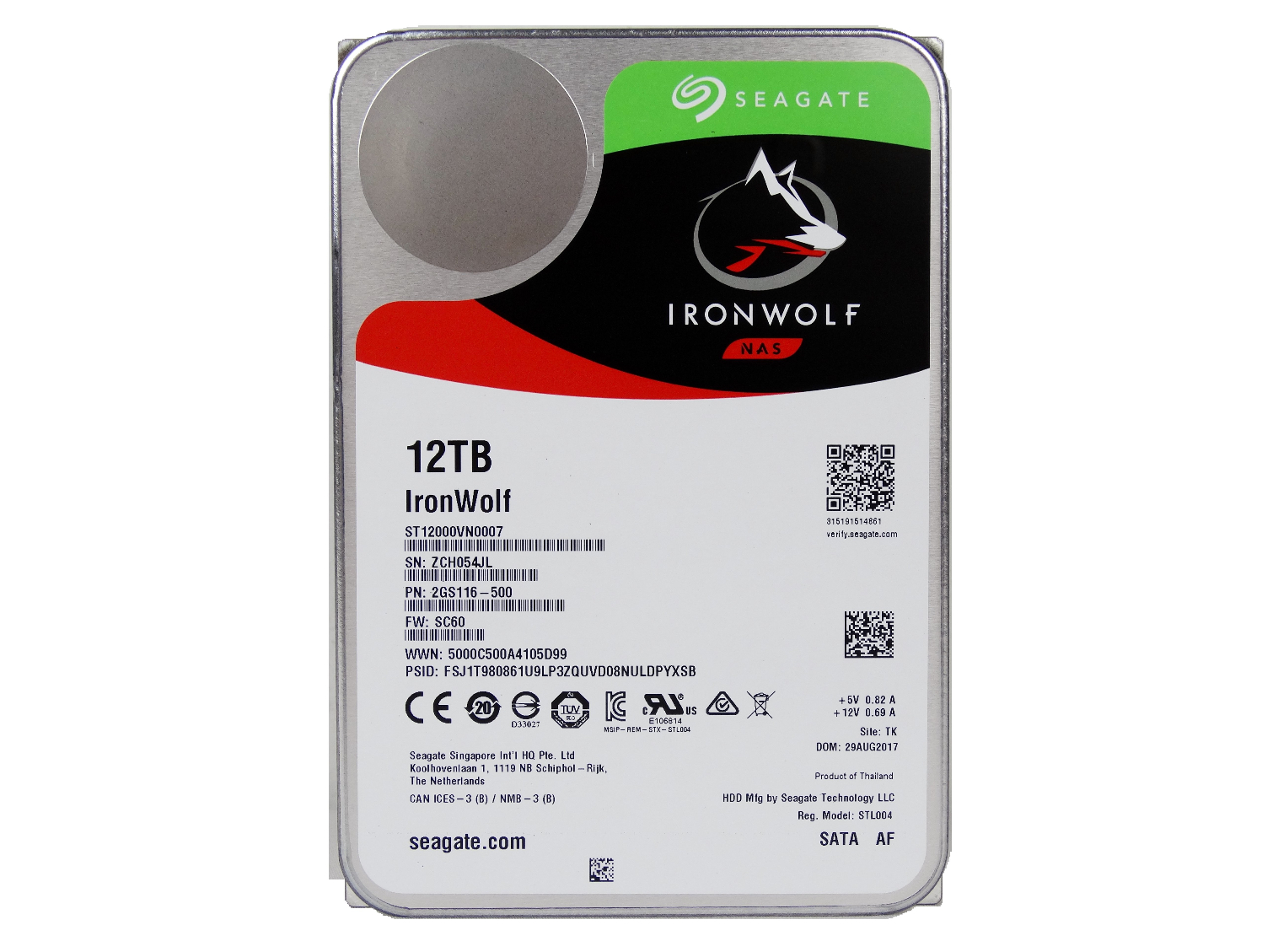
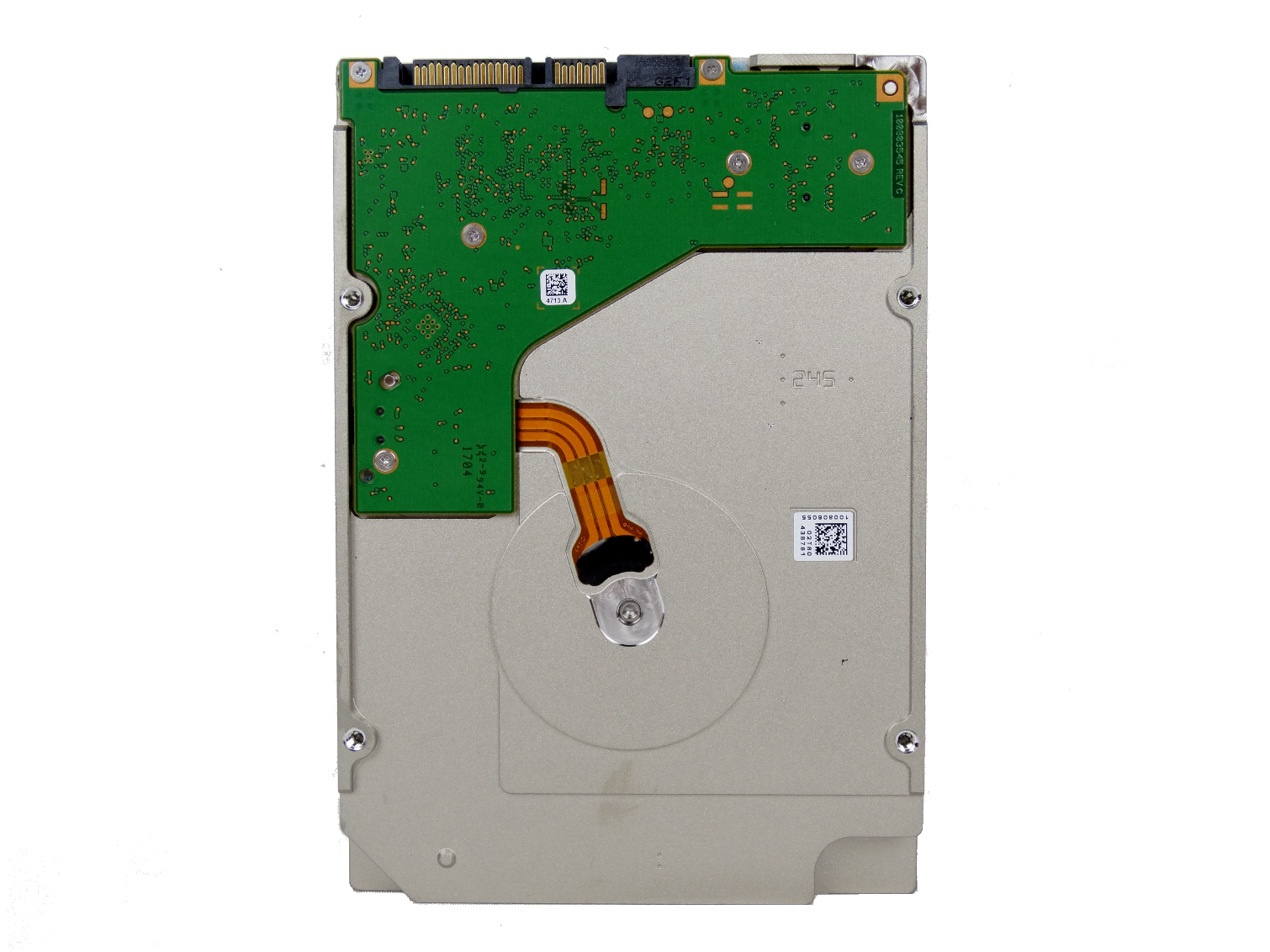
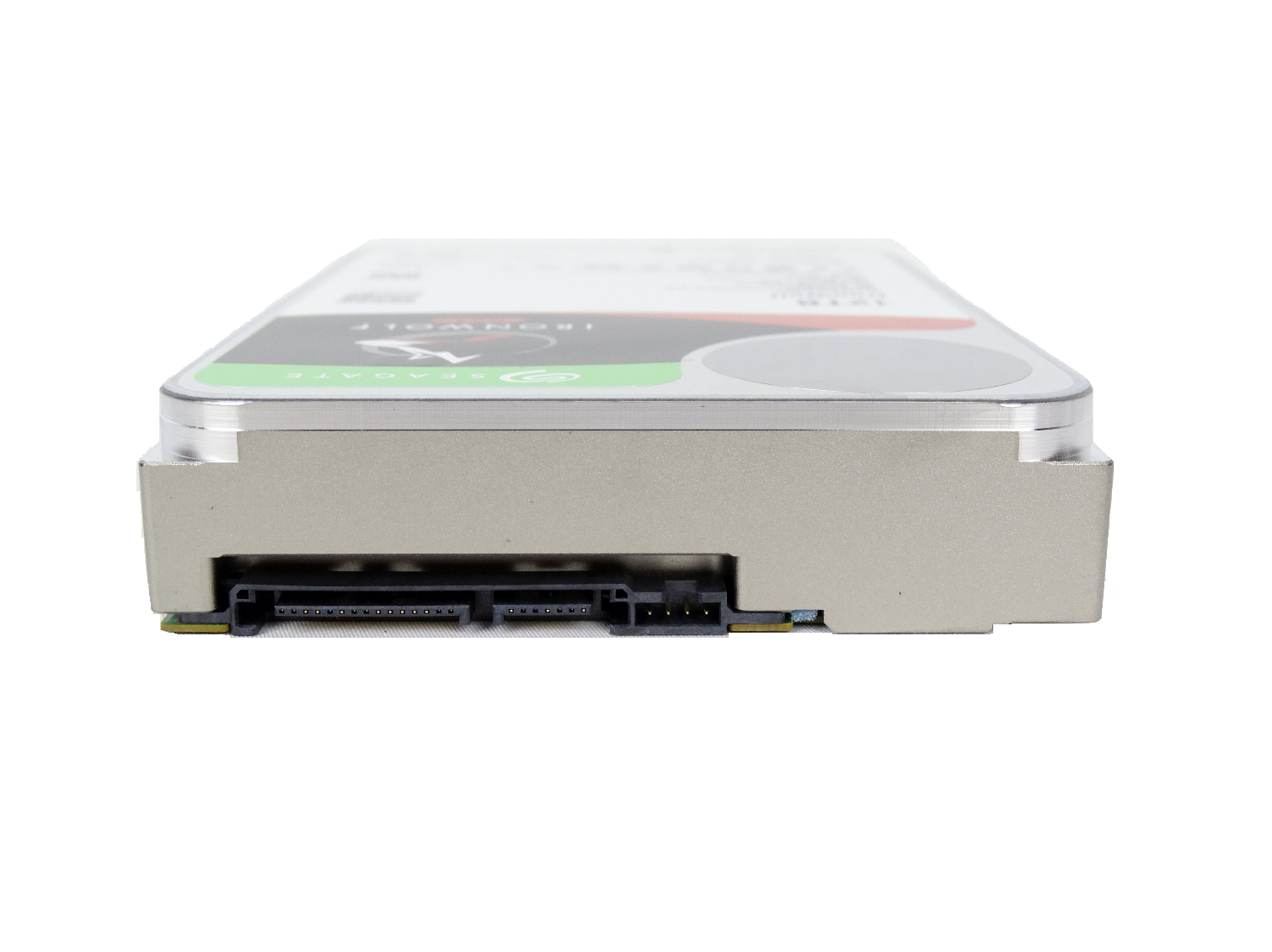
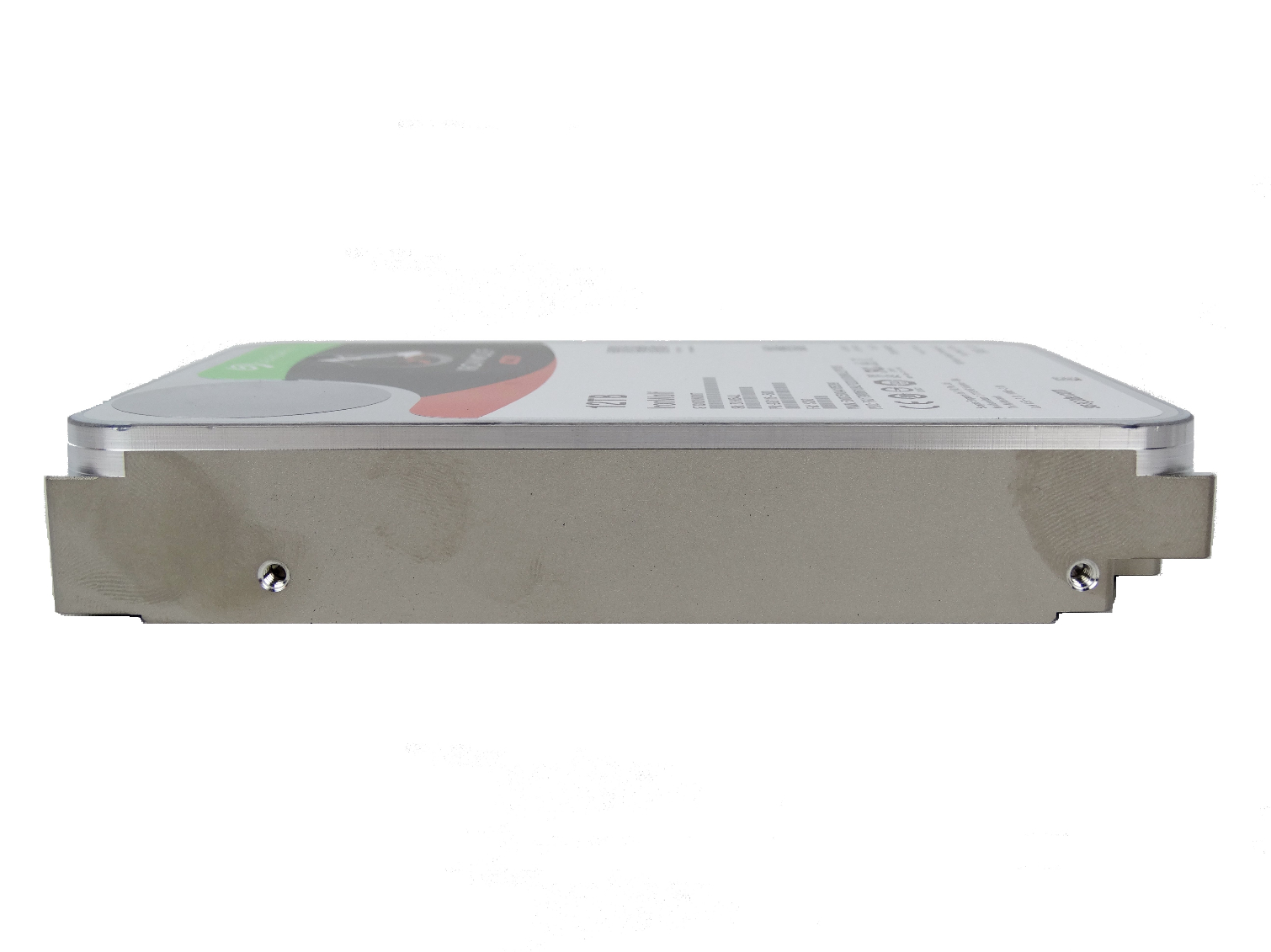
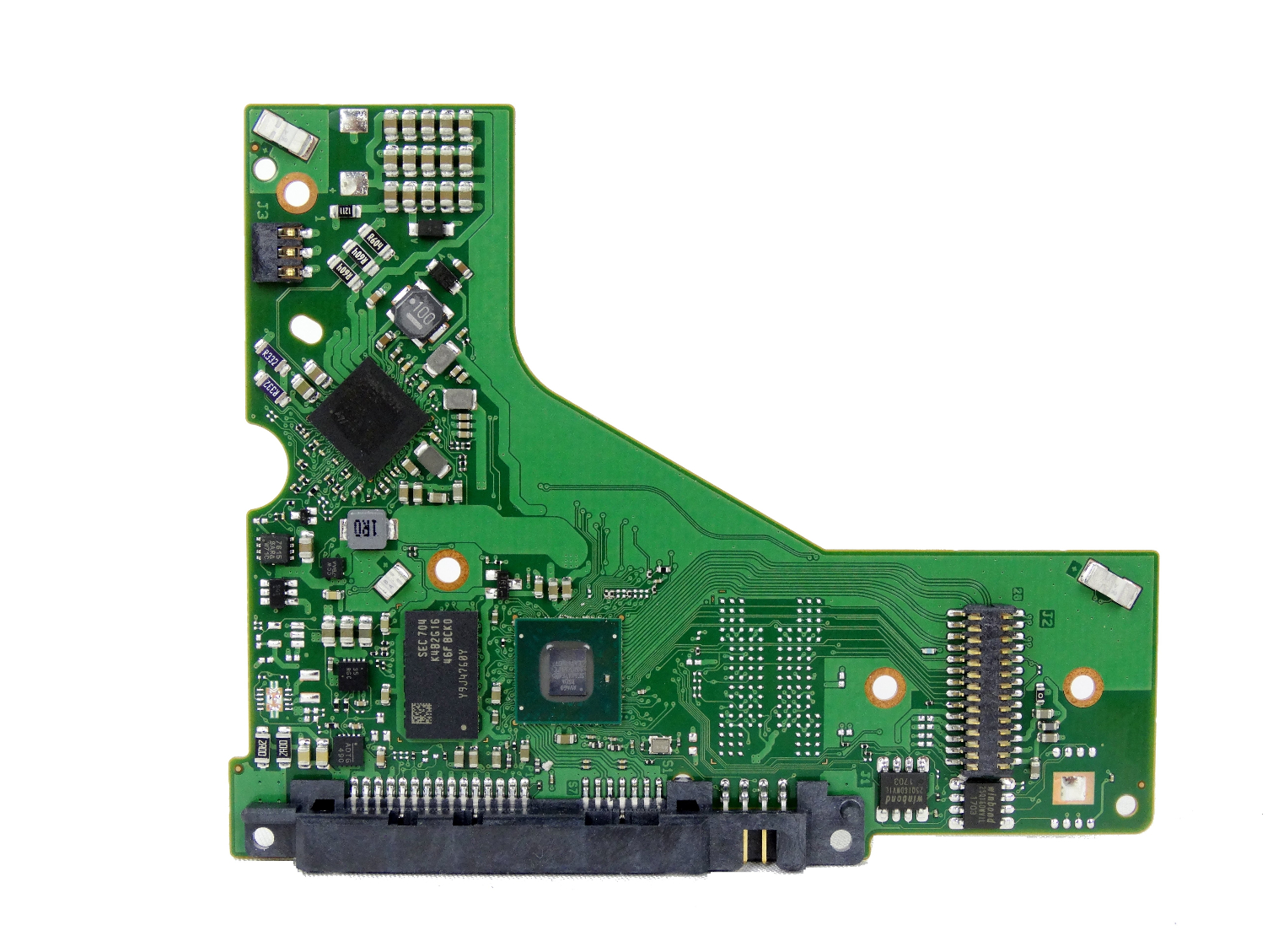
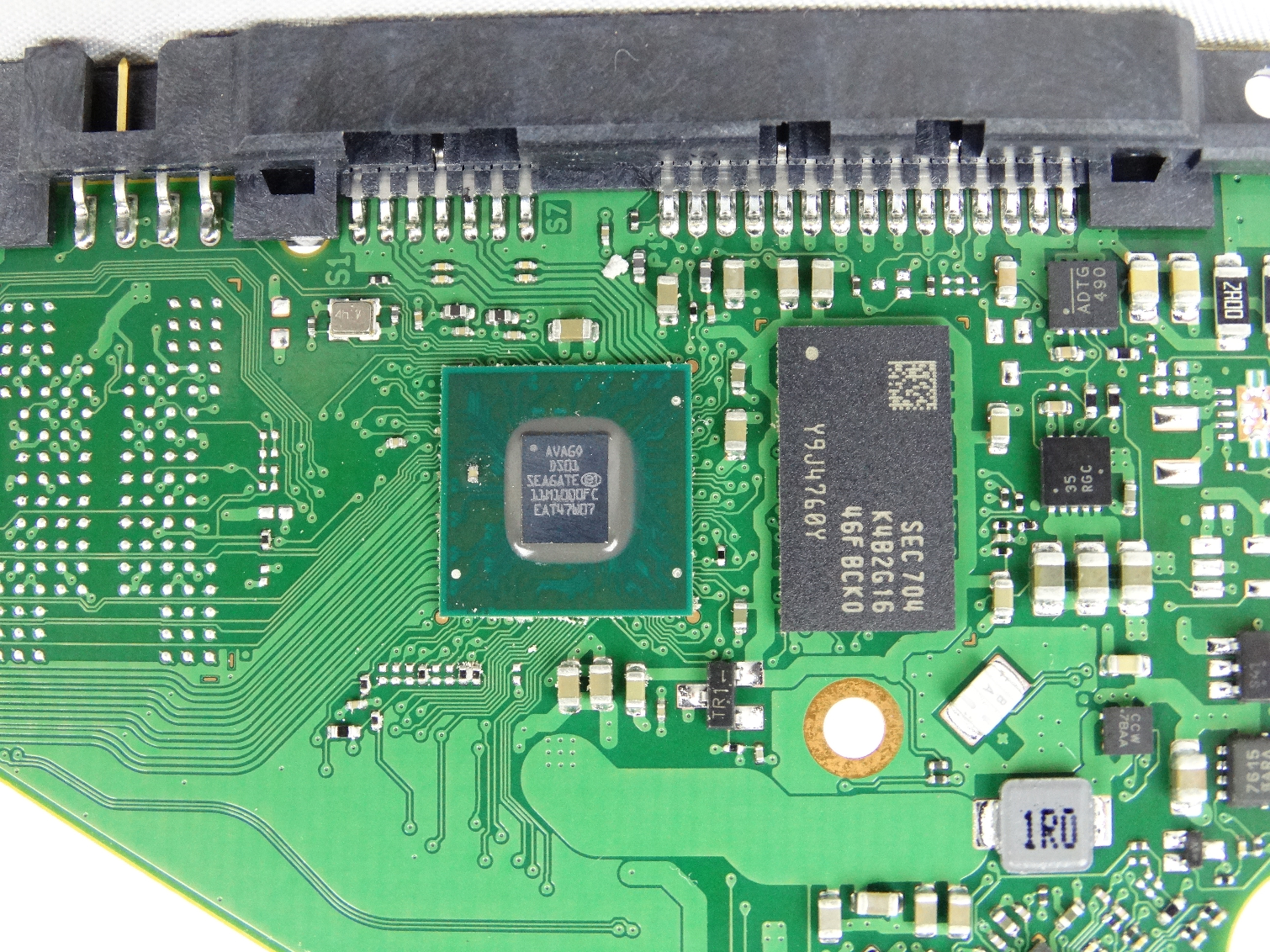
The Seagate IronWolf 12TB and 10TB appear to be overbuilt for hard disk drives. If you haven't seen a new high-capacity drive in the last two years, you might be surprised. The metal base appears to be sand cast, and then CNC machined. This is the same technology most high-performance engines use. The process adds rigidity to the structure.
MORE: Best SSDs
MORE: How We Test HDDs And SSDs
MORE: All SSD Content

Chris Ramseyer was a senior contributing editor for Tom's Hardware. He tested and reviewed consumer storage.
-
StevenRix_from_France This article sounds like an apology to why Seagate's trust should be restored. If the 8Tb drives failed in a short amount of time, the similar products with bigger space might just do the same thing. Changing the segment name to make us think those products won't fail again is just a frivolous marketing stunt. There are too many problems with Seagate's drives: predictive failures that happen a few weeks later, the platters are bad quality, firmwares that are often buggy, and probably planned obsolescence, are just enough redflags as to why this company is not serious enough to stay in that business' segment.Reply
I also read the article twice, there are a bunch of affirmations that I completely disagree with, it's not even a different point of view, it's just a point of view based of presenting a situation and a reality in a given time (example Seagate increased product quality, but prices also shot up). It's always the same thing, prices go up to get the executives bigger bonuses, nothing else. That being said, there are fortunately other competitors in the market. -
okenny what about power consumption and heat?Reply
WD has vastly reduced watt/GB on their most recent models... -
sstanic But the noise numbers are OK..no, wait, there are no noise numbers. If only our smartphones could measure it.. And WD Red and Red Pro 10TB are available for a good while now, not "just recently". They are made with HGST Helium technology, a big plus.Reply -
decker.davison shoot, I had been eyeballing the 6TB to buy a couple for a raid 1 mirrored array to replace my 2000GB barracuda array that's degraded from a single failed drive after running fine for at least 5 years. these comments are making me hesitant even though I had been all about Seagate early last decade.Reply -
honorousjack Same here Decker. All I want is a large fast drive, I've been doing research on Ironwolf and other drives but these comments seem a little bit biased, don't they?Reply
